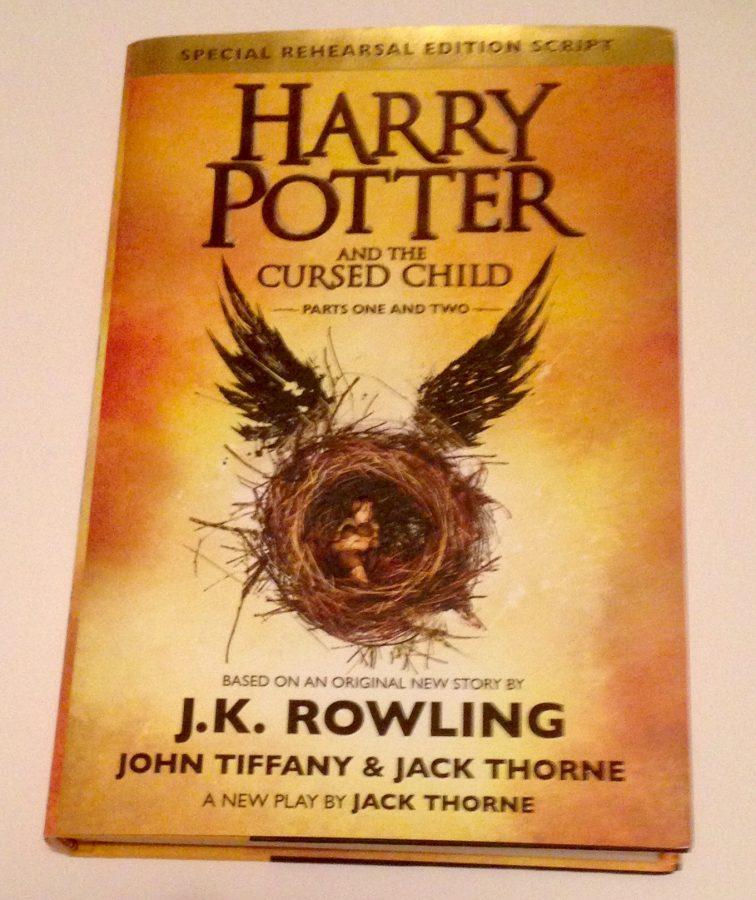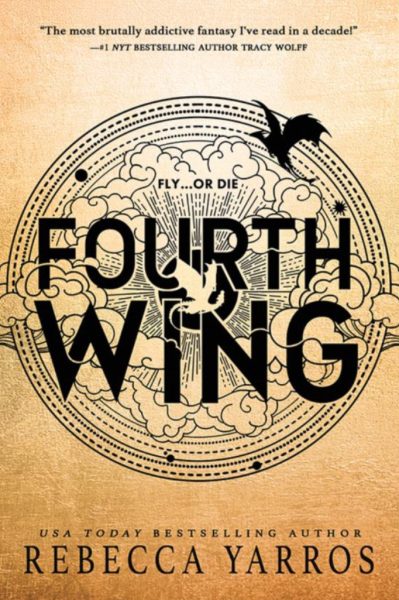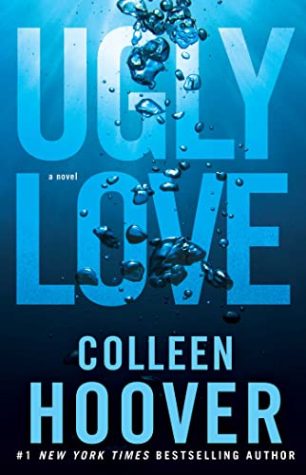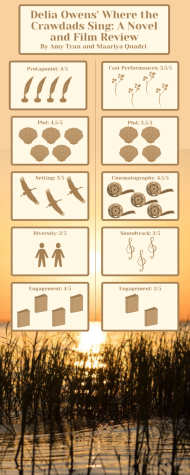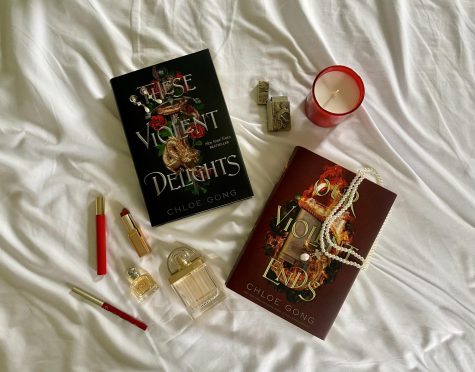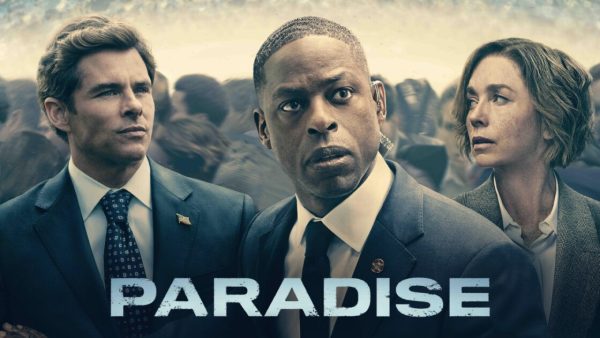Novel Idea: Is the New Harry Potter Play Magical or “Cursed”?
J.K. Rowling’s endeavor into playwriting garners high sales, but mixed reviews.
Last summer, a sense of anticipation seemed to surround fans of both the popular Harry Potter series and literary enthusiasts alike. The event of so much excitement was the release of the script for the play, Harry Potter and the Cursed Child, a long-awaited follow-up to the world of Harry Potter. The book sold millions of copies worldwide within a week of its release, largely relying on fan hype, but it received mixed reviews from fans and critics alike.
Harry Potter and the Cursed Child picks up the story where the epilogue of the seventh Harry Potter novel left off. Harry’s son Albus has reached the age for attending Hogwarts School of Witchcraft and Wizardry, only to find that his own experiences differ greatly from those of his father. Against the counsel of some family members, Albus befriends Scorpius Malfoy, the son of Harry’s former school rival. Both boys are bullied over the reputations of their respective families, leaving Albus to grow to resent his father. When Harry gains possession of a powerful time-travel device, Albus ignores the dangers involved to seize upon the opportunity to seek the same sort of adventures his parents and their friends had experienced at his age. However, after several time-travel incidents involving evils both past and present, Albus and Scorpius realize they may be in over their heads.
The story does its best to emulate the magic of the original Harry Potter novels while adding new elements to the plot and setting of the series’ world. This has caused some criticism from long-time Harry Potter fans who note the inconsistencies in both plot devices and writing style in general. The dialogue of the characters in Cursed Child reads as more colloquial than the novels, which could simply be due to the fact that the works in question were written and set over a decade apart or could be due to the fact that the play was co-written by J.K. Rowling and other writers while the original books were written by her alone. Additionally, the time-travel mechanics utilized in Cursed Child notably contradict precedents set by Harry Potter and the Prisoner of Azkaban without providing much in the way of explanation for the change. While these alterations to the series’ canon have proved vexing to fans of the original series, they do not necessarily detract from the play’s enjoyment to the casual reader.
Despite its flaws, the play does possess enjoyable qualities in its own right. The character development of Albus and Scorpius reveal complexity in their characterizations that make the story enjoyable to read. Also, while the plot itself does contain some contradictions of the original series, the addition of new characters alongside the continuation of existing characters’ plotlines keep the story exciting for old and new fans alike.
While the play in many ways lacks elements of the original Harry Potter novels that fans found so magical, it can be enjoyed as a follow-up to the series that expands on the story without necessarily being bound to the original canon. If you’re expecting an eighth Harry Potter novel on par with the first seven, this isn’t quite it. But whether you’re a longtime Harry Potter fan or a new reader, the play is worth giving a chance.

Hailey has written for The Glen Bard beginning in her freshman year. She occupied a role as an editor and a columnist for her sophomore and junior years....
